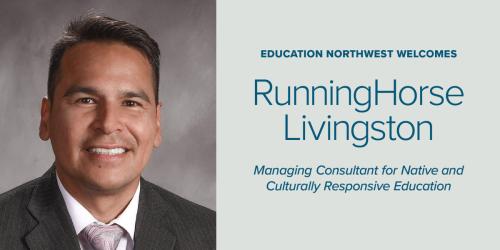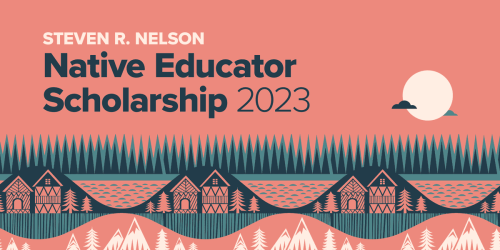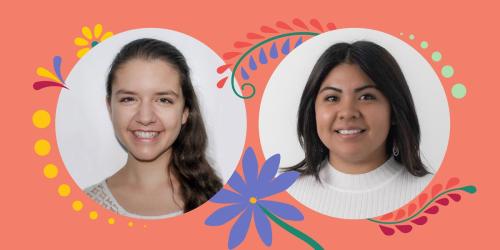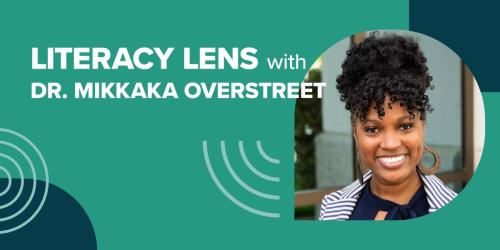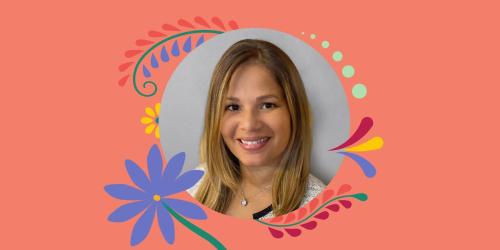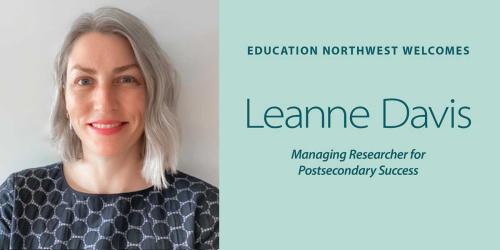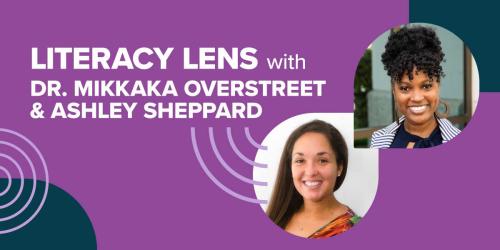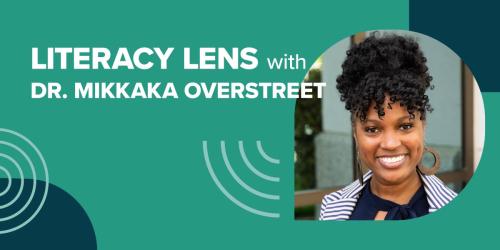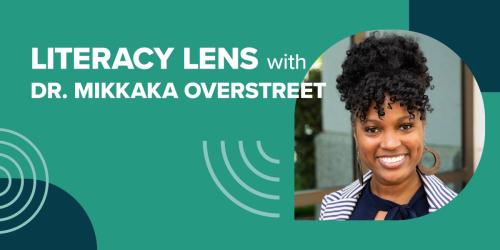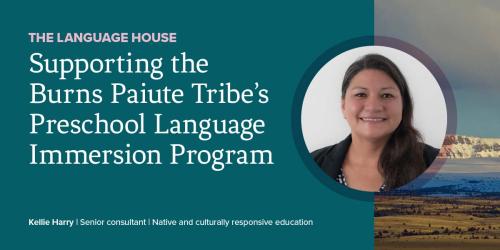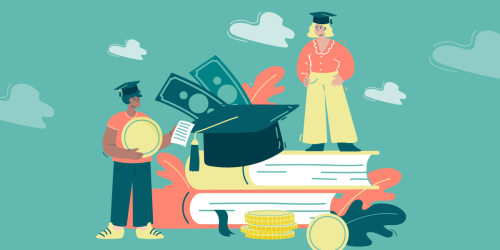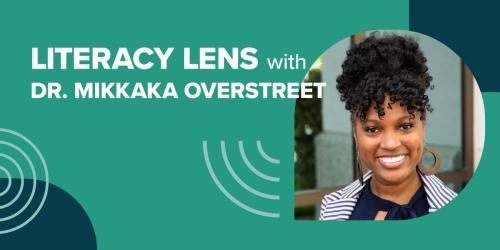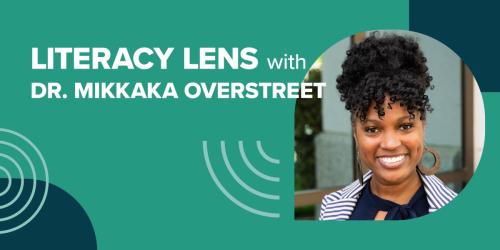RunningHorse Livingston specializes in coaching teachers in culturally responsive mathematics instruction. Education Northwest welcomes him to our Native Education team!
Meet the next generation of Native education leaders, the 2023 Nelson Scholarship recipients.
Education Northwest researchers Marbella Uriostegui and Camila Cigarroa Kennedy share how Latina identity informs and strengthens their research.
Reversing the nationwide decline in reading achievement requires systemic and individual change. Here are four ways to approach the challenge.
Lymaris Santana, senior consultant in literacy, reflects on the diverse facets of her Puerto Rican heritage and how they inspire her in work and life.
Leanne Davis’ expertise in using data on student experiences and basic needs to promote change will help advance our work toward equity in education.
Engaging parents and other caregivers as true partners in their children’s literacy development and overall education is an essential part of building a collaborative literacy culture.
Teachers are more likely to use new literacy initiatives they believe will help students. Principals can use data to get that critical educator buy-in.
Improving literacy outcomes for all students starts with consistently implementing evidence-based practices—and that requires strong leadership.
In the United States today, more than four million young adults have disengaged from the K–12 education system without graduating or entering the workforce.
To help revitalize the Wadatika dialect of the Northern Paiute language, the Burns Paiute Tribe established its Language House. Senior consultant Kellie Harry worked with the Tribe to maximize the program’s impact.
Basic needs security is critical for ensuring strong academic performance, persistence and graduation, and improving well-being among students pursuing postsecondary education.
The public library remains one of the few spaces in our society that offers access to vital resources, without the requirement of spending money.
Educators, schools, districts, and researchers all have a role to play in building our knowledge about effective dual language programs.
Women still do not have equal access and outcomes in areas of education, health, economics, and more. The disparities are even starker when race and other demographics are considered.
